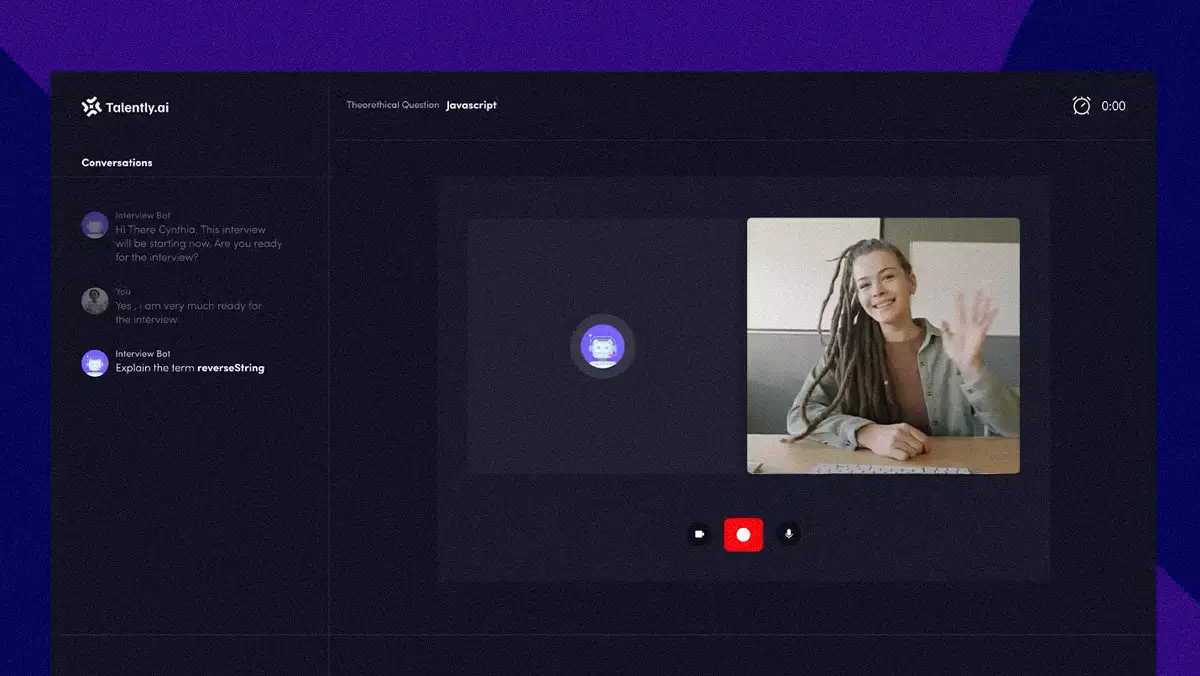AI forces HR to rethink work and discover hidden talent already inside the org

Key Points
AI is forcing organizations to fundamentally rethink work and talent, moving beyond traditional job structures, says WTW’s Michiel Klompen.
Klompen advocates for granular skill-mapping to reveal hidden internal talent pools and foster fluid, non-linear career paths.
Leadership should focus on building adaptable infrastructures and fostering a culture of rapid learning and innovation.
Despite tech advances, human skills like adaptability and teamwork are increasingly vital.
The real shift for HR is getting granular and understanding work right down to the skill level, because that gives you immense flexibility to see where your talent truly lies and how it can be deployed.

Michiel Klompen
Global Data Science Leader, Work & Rewards
WTW
Skills are starting to matter more than titles, and the real edge comes from recognizing talent that’s been hiding in plain sight. AI isn’t just changing tools. It’s reshaping how work is defined.
Michiel Klompen is the Global Data Science Leader for Work & Rewards at WTW, a global advisory firm shaping how organizations leverage AI for talent intelligence and HR innovation. For Klompen, real transformation means breaking work down into skills and accountabilities, not just job titles or functions.
Talent in plain sight: “The real shift for HR is getting granular and understanding work right down to the skill level, because that gives you immense flexibility to see where your talent truly lies and how it can be deployed,” Klompen says. He sees that before hiring new people, some organizations make a drastic change in their approach and first ask if AI can do the job, then analyze existing employee skill sets to find unexpected internal matches.
“Imagine someone in marketing with strong analytical skills. They might not immediately think of moving to data science, but if you can show them a 70% skill overlap, a new internal career path suddenly opens up, fostering fluidity and revealing opportunities they didn’t know they had.” This approach shatters traditional junior-to-senior progression, enabling horizontal or diagonal moves based on a shared skill foundation.
Facilitate, don’t dictate: Klompen sees the role of leadership shifting. “Leaders won’t have all the answers,” he says. “Their real power lies in building the right infrastructure, like secure internal environments for AI, and genuinely listening to employees who are testing new ideas every day.” He warns against long development cycles that can’t keep pace with change. “You don’t want to spend two years building something that’s outdated by the time it launches,” Klompen explains. What matters more is creating a culture that moves quickly, learns openly, and trusts its people to help shape what comes next.
Humanity’s edge: Despite the technological acceleration, Klompen believes human capabilities will become even more crucial. “If there is one thing that’s becoming more critical, it’s those human skills—the power skills, the soft skills—because it’s about how you apply technology and find opportunities,” he says. As roles evolve, the people who thrive will be the ones who stay curious, think clearly, and work well with others. Those skills keep the human element at the heart of innovation, no matter how much technology changes around it.
If there is one thing that’s becoming more critical, it’s those human skills—the power skills, the soft skills—because it’s about how you apply technology and find opportunities.

Michiel Klompen
Global Data Science Leader, Work & Rewards
WTW
If there is one thing that’s becoming more critical, it’s those human skills—the power skills, the soft skills—because it’s about how you apply technology and find opportunities.

Michiel Klompen
Global Data Science Leader, Work & Rewards
WTW
Related articles
TL;DR
AI is forcing organizations to fundamentally rethink work and talent, moving beyond traditional job structures, says WTW’s Michiel Klompen.
Klompen advocates for granular skill-mapping to reveal hidden internal talent pools and foster fluid, non-linear career paths.
Leadership should focus on building adaptable infrastructures and fostering a culture of rapid learning and innovation.
Despite tech advances, human skills like adaptability and teamwork are increasingly vital.

Michiel Klompen
WTW
Global Data Science Leader, Work & Rewards

Global Data Science Leader, Work & Rewards
Skills are starting to matter more than titles, and the real edge comes from recognizing talent that’s been hiding in plain sight. AI isn’t just changing tools. It’s reshaping how work is defined.
Michiel Klompen is the Global Data Science Leader for Work & Rewards at WTW, a global advisory firm shaping how organizations leverage AI for talent intelligence and HR innovation. For Klompen, real transformation means breaking work down into skills and accountabilities, not just job titles or functions.
Talent in plain sight: “The real shift for HR is getting granular and understanding work right down to the skill level, because that gives you immense flexibility to see where your talent truly lies and how it can be deployed,” Klompen says. He sees that before hiring new people, some organizations make a drastic change in their approach and first ask if AI can do the job, then analyze existing employee skill sets to find unexpected internal matches.
“Imagine someone in marketing with strong analytical skills. They might not immediately think of moving to data science, but if you can show them a 70% skill overlap, a new internal career path suddenly opens up, fostering fluidity and revealing opportunities they didn’t know they had.” This approach shatters traditional junior-to-senior progression, enabling horizontal or diagonal moves based on a shared skill foundation.

Michiel Klompen
WTW
Global Data Science Leader, Work & Rewards

Global Data Science Leader, Work & Rewards
Facilitate, don’t dictate: Klompen sees the role of leadership shifting. “Leaders won’t have all the answers,” he says. “Their real power lies in building the right infrastructure, like secure internal environments for AI, and genuinely listening to employees who are testing new ideas every day.” He warns against long development cycles that can’t keep pace with change. “You don’t want to spend two years building something that’s outdated by the time it launches,” Klompen explains. What matters more is creating a culture that moves quickly, learns openly, and trusts its people to help shape what comes next.
Humanity’s edge: Despite the technological acceleration, Klompen believes human capabilities will become even more crucial. “If there is one thing that’s becoming more critical, it’s those human skills—the power skills, the soft skills—because it’s about how you apply technology and find opportunities,” he says. As roles evolve, the people who thrive will be the ones who stay curious, think clearly, and work well with others. Those skills keep the human element at the heart of innovation, no matter how much technology changes around it.




